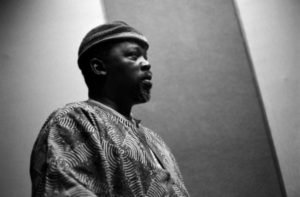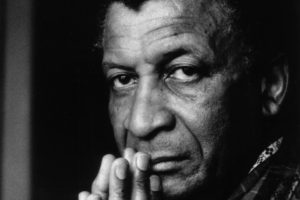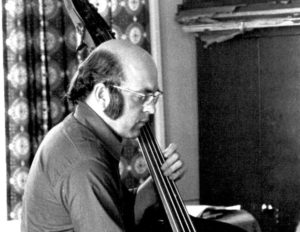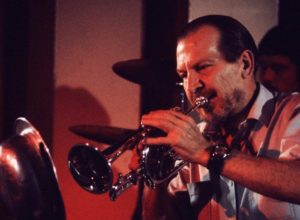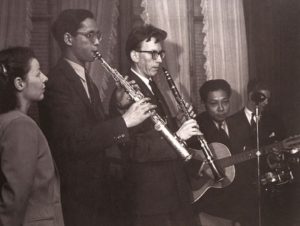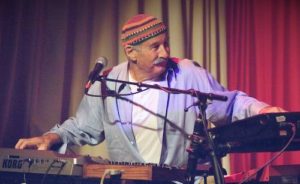Mulatu Astatke
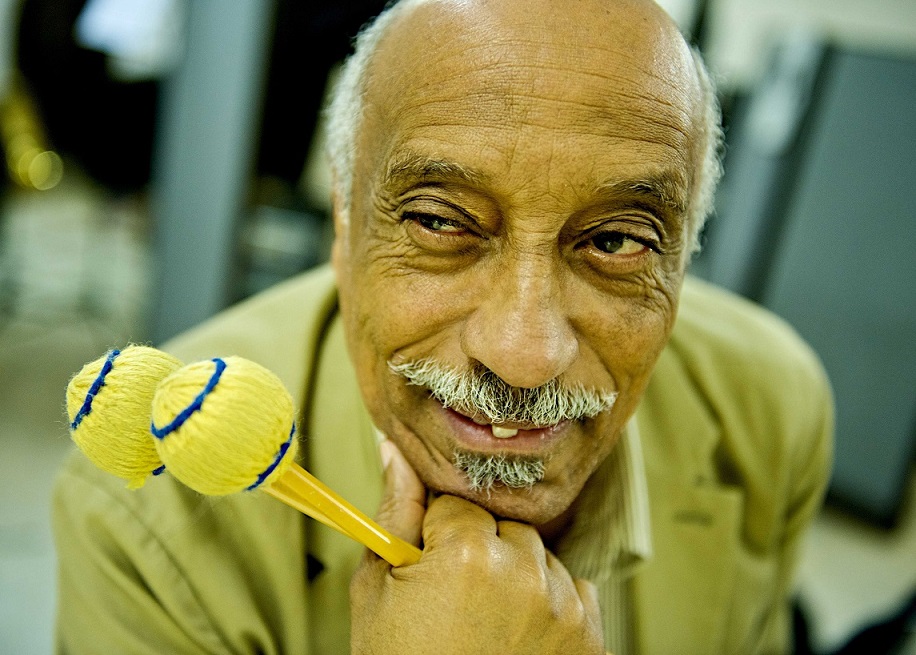
Mulatu Astatke (born 1943) has a devoted global following today and has been an inspirational figure across multiple genres through the appeal of his own unique sound, which he called Ethio-jazz. He was sent by his family in 1959, as a sixteen year old boy, to study Engineering at Lindisfarne College in Wales, but his love of music meant that he gravitated towards London’s music scene, where he studied at Trinity College, while gigging during the evenings, first on piano and then – inspired by his friend Tubby Hayes – on vibraphone too. He also played with the successful Latin bandleader, Edmundo Ros. In 1963, he took up a place at Berklee College, and then further pursued his love of jazz and latin music in the clubs of New York.
By the time Astatke returned to Addis Ababa in 1969, he had a vision for creating his own musical style by fusing the Western styles had become proficient in with the traditional folk and church music of Ethiopia. The timing was good, as Addis Ababa had a thriving cultural scene, complete with a new record label, Amha Records, with whom Astatke recorded a number of sessions. His 1972 album Mulatu of Ethiopia was actually recorded in New York, and shows just how rich this fusion could be, with both latin and African rhythms blending seemlessly with the relaxed soul and jazz of organ, horns, wah-wah guitar, and the bandleaders own vibraphone.
In 1974, the Emperor Haile Selassie was deposed by the ‘Derg’ regime of Mengitsu. Until 1991, the Soviet-backed military junta would oversee a period of cultural repression, not to mention economic mismanagement and famine. While many musicians emigrated, Astatke stayed and became a music teacher. It wasn’t until 1998 with the release of the first of 30 volumes of music from Ethiopia released by a French label, that his career was reinvigorated. His recordings with Amha were among the standout tracks on these collections, and film director Jim Jarmusch featured his music in his 2005 film Broken Flowers. His tracks have been sampled by the likes of Kanye West, Nas and Oddisee, and he has collaborated with young bands like Either/Orchestra, The Helocentrics and Black Jesus Experience. In 2012, Berklee made Astatke an honorary doctor of music.
Key Recordings:
Mulatu of Ethiopia (Strut 1972)
Ethiopiques Volume 4: Ethio Jazz & Musique Instrumentale, 1969–1974 (Buda Musique 1998)
Sketches of Ethiopia (Harmonia Mundi 2013)
